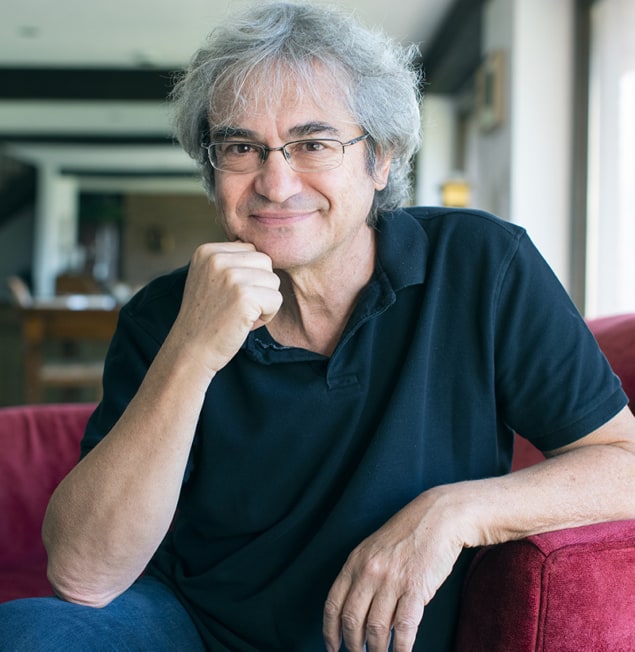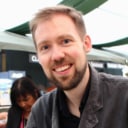Helgoland and the captivating origins of quantum theory
In June 1925 Werner Heisenberg retreated to Helgoland in the North Sea, a treeless island offering the 23-year-old German physicist a space to think, along with some respite from the extreme hay fever he was suffering. On that remote outpost, Heisenberg had an idea that would revolutionize physics and bring profound implications for philosophy and technology. This was an event that would kickstart quantum mechanics. Carlo Rovelli. (Courtesy: Christopher Wahl)
Carlo Rovelli. (Courtesy: Christopher Wahl)
 Carlo Rovelli. (Courtesy: Christopher Wahl)
Carlo Rovelli. (Courtesy: Christopher Wahl)Helgoland is the title of the latest book by physicist and science writer Carlo Rovelli. It is essentially a journey through the origins of quantum physics, interwoven with narrative about Heisenberg, Dirac, Einstein and the other luminaries from the first quantum generation. Rovelli also discusses his own interpretations of the quantum world, and connects quantum theory with diverse ideas, from Buddhist thinking to the grand themes of the Russian revolution.
Rovelli speaks about Helgoland in this latest episode of the Physics World Stories podcast. In a wide-ranging conversation with podcast host Andrew Glester, Rovelli discusses quantum concepts, the often overlooked role of philosophy in science, and his minimalist approach to science writing.
If you enjoy this episode, make sure to also join us for the inaugural Physics World Quantum Week. Running on 14–18 June 2021, the event showcases the latest developments in quantum science and technology. It includes a series of free-to-view webinars and a curated selection of quantum articles.

James Dacey is a multimedia journalist based in Madrid
from physicsworld.com 3/10/2021
Δεν υπάρχουν σχόλια:
Δημοσίευση σχολίου